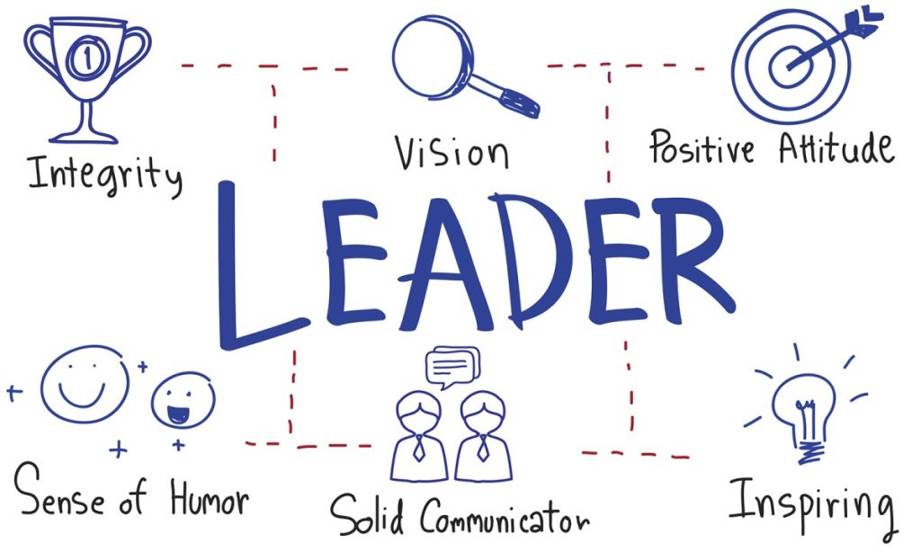The Art of Managing Remote and Hybrid Project Teams
In today’s rapidly evolving business landscape, the traditional office environment is becoming increasingly obsolete. Remote and hybrid work models have emerged as viable and often preferred alternatives, offering flexibility and efficiency. However, managing remote and hybrid project teams presents unique challenges that require a nuanced approach.
As a Project Manager, mastering the art of managing these teams can significantly enhance productivity and team cohesion. Here’s how you can excel in this new paradigm.
Embrace Technology for Seamless Communication

Effective communication is the backbone of successful project management, and it becomes even more critical in remote and hybrid settings. Utilize a mix of communication tools to ensure clarity and consistency. Platforms like Slack, Microsoft Teams, and Zoom facilitate real-time collaboration, while project management tools such as Trello, Asana, and Jira help in tracking progress and maintaining transparency.
- Regular Check-Ins: Schedule regular video conferences to touch base with your team. These meetings should go beyond mere status updates; they should be opportunities to address concerns, celebrate achievements, and foster a sense of belonging.
- Centralized Information Hub: Create a centralized repository where all project-related documents and communications are stored. This ensures that team members have access to the information they need, regardless of their location or time zone.
Foster a Culture of Trust and Accountability

Building trust is paramount in remote and hybrid teams. When team members feel trusted, they are more likely to take ownership of their work and strive for excellence.
- Set Clear Expectations: Clearly define roles, responsibilities, and deadlines. When expectations are transparent, team members can manage their tasks more effectively.
- Empower Autonomy: Trust your team to manage their workload without micromanaging. Provide them with the resources and support they need, and then give them the space to execute their tasks.
- Regular Feedback: Constructive feedback should be a continuous process. Regularly check in on your team’s performance, provide positive reinforcement, and address areas for improvement promptly.
Cultivate Engagement and Team Cohesion

Remote and hybrid teams can sometimes feel isolated, which can impact morale and productivity. As a Project Manager, it’s essential to create opportunities for team bonding and engagement.
- Virtual Team Building Activities: Organize virtual team-building exercises that are fun and interactive. These can range from virtual coffee breaks to online escape rooms or trivia games.
- Celebrate Milestones: Acknowledge and celebrate project milestones and individual achievements. This not only boosts morale but also fosters a sense of community.
- Inclusive Decision-Making: Involve your team in decision-making processes. This inclusivity can enhance their commitment to the project and make them feel valued.
Adapt Your Leadership Style

Leading a remote or hybrid team requires a flexible and adaptive leadership style. Being aware of the diverse needs and working styles of your team members is crucial.
- Empathy and Support: Show empathy towards your team member’s personal and professional challenges. Offer support and resources to help them navigate any difficulties they may face.
- Flexible Scheduling: Recognize that remote team members might be working across different time zones. Be flexible with meeting times and deadlines to accommodate their schedules.
- Encourage Professional Development: Support your team’s growth by providing opportunities for professional development. This could include access to online courses, webinars, or mentorship programs.
Monitor Performance and Foster Continuous Improvement

Keeping track of your team’s performance while ensuring continuous improvement is essential for project success.
- KPIs and Metrics: Define key performance indicators (KPIs) and metrics to measure the progress and success of your project. Regularly review these metrics to identify areas for improvement.
- Iterative Feedback Loops: Implement iterative feedback loops where you regularly assess project progress and team performance. Use these insights to make necessary adjustments and improve processes.
- Celebrate and Reflect: After completing major project phases, take the time to celebrate the success and reflect on what worked well and what didn’t. Use these reflections to improve future project management practices.
Conclusion
Managing remote and hybrid project teams is an art that combines effective communication, trust-building, engagement, adaptive leadership, and continuous improvement. By embracing these strategies, you can create a productive, cohesive, and motivated team that excels in a remote or hybrid work environment. As the future of work continues to evolve, honing these skills will not only enhance your effectiveness as a Project Manager but also position your team for sustained success.
References:
- Harvard Business Review: Articles on managing remote teams and leadership strategies.
- PMI (Project Management Institute): Guides and whitepapers on project management best practices.
- Managing a Remote Project Team
- The Ultimate Guide to Remote Project Management

